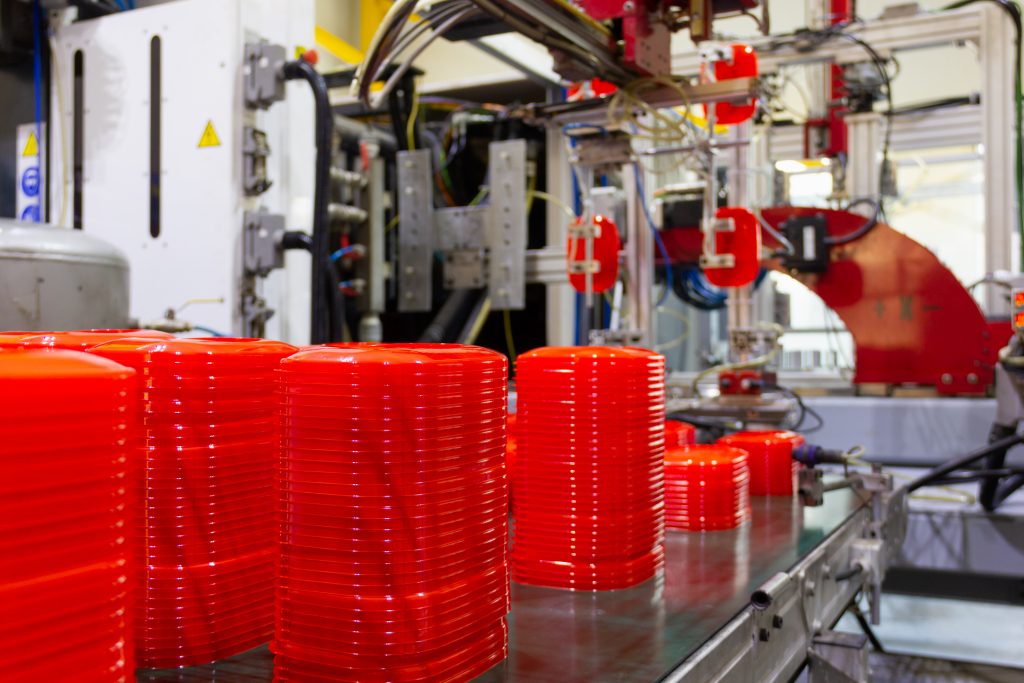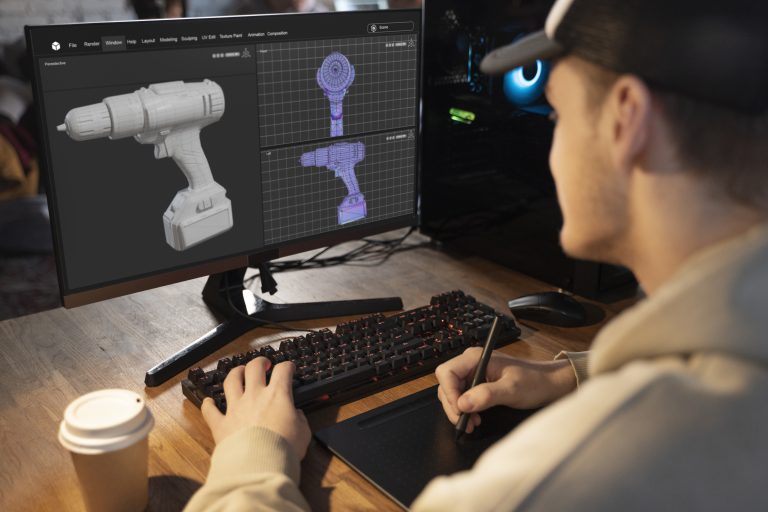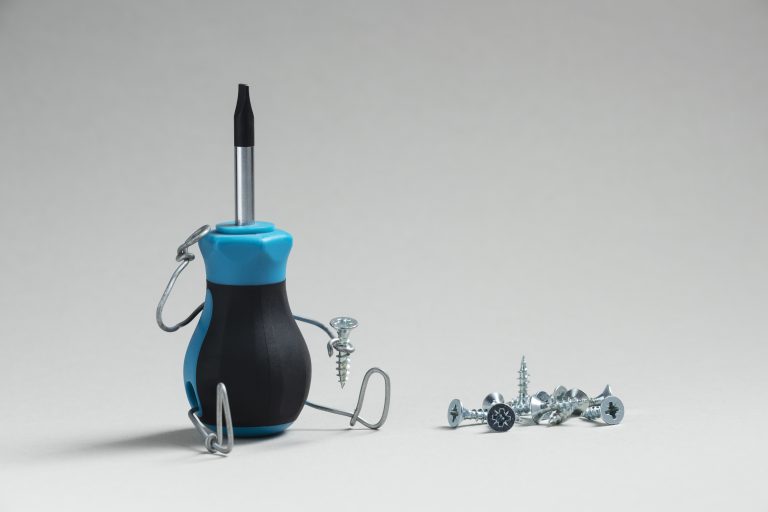Plastic has long been considered a contentious topic when it comes to sustainability and greener ways of working. It can hang around in landfill for a long time when it is no longer being used, and it can release toxins if not disposed of correctly. However, plastics are not always bad news. Many are recyclable and can be used effectively in the injection moulding process to help manufacturers reduce their carbon footprint.
In fact, a winning combination of technological advances and cleaner injection moulding processes is making many types of plastic integral to more sustainable ways of working. Advances in injection moulding processes mean that far less energy is used compared to ten or more years ago. Injection moulding companies are also far more conscious about monitoring energy consumption, dealing responsibly with waste and reusing leftover materials than ever before.
Plastics and the injection moulding process
Since plastic is light, durable and easy to keep clean, it is often the material of choice when manufacturers are looking to save money and weight. Plastic is regularly used in place of metal, for instance in the automotive sector. This has a knock-on effect on sustainability, as lighter vehicles do not need as much petrol or diesel to run.
Elsewhere in the construction industry, replacing energy-intensive materials with versatile plastics is also helping companies meet greener working targets. Plastic is replacing glass in windows and doors, for example. It is also becoming more popular as an effective, lightweight and recyclable building insulation material.
Reducing carbon footprint through local sourcing
Another way in which the injection moulding process is helping companies work more sustainably is through sourcing materials and tools locally. The materials used tend to be easier to come by than more specialist processes. So, it is more likely that they can be sourced closer to where the injection moulding process will take place.
Overseas shipping in particular can rapidly increase the carbon footprint of a manufacturing project. Looking closer to home for materials and tooling is, therefore extremely effective when it comes to sustainable working. As is carrying out all stages in the injection moulding process in one location from design to delivery. This is also known as a turnkey solution.
Quantity control and rapid prototyping
Having access to an effective prototyping service as part of the injection moulding process can really help companies work more sustainably. It cuts down on wasted time and effort spent producing larger quantities of parts or components that turn out to be wrong or superfluous. Having the chance to refine your design before large-scale production also prevents a build-up of waste or unwanted products sitting around, taking up space.
The injection moulding process also allows customers to produce limited runs and smaller quantities. This leads to a more responsible use of finite resources, such as plastics. If these plastics can be recyclable, then this is even better news for the customer’s carbon footprint.
Leading greener innovation
Another way in which the plastic injection moulding process is helping its customers work more sustainably is through innovation. Often, the parts and components that are being created through this versatile process are a key part of a bigger invention or initiative designed expressly to solve a ‘green’ related issue or concern.
Some examples of this type of work include electric vehicle components, solar power systems and green architecture. Plastic is often the preferred material for this type of work, due to its durability, versatility and frequent ability to be recycled and reused. In addition, the more plastic is used in the injection moulding process and other manufacturing methods, the more investment will be made into producing recyclable, reusable variations.
‘Do it once, do it right’
The high quality control standards enabled by the injection moulding process allow projects to be completed with a high level of accuracy. This future-proofs the resultant products, as they are made to very exacting quality and safety standards.
From a sustainability point of view, only needing to make something once and having it last for a long time cuts down on having to replace items that are faulty or quick to deteriorate. The quality process also prevents errors from slipping through, causing entire batches of manufactured items to be rejected and sent to landfill.





